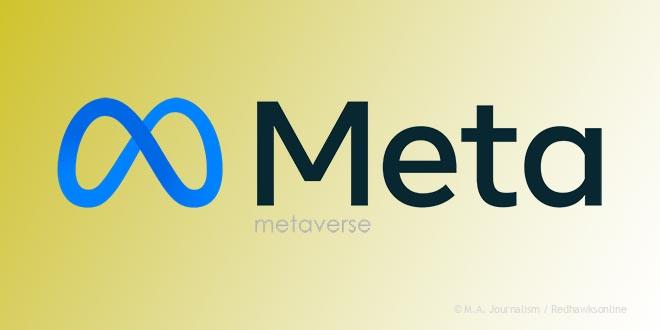Social media’s rise in the tracking and stealing of your personal information
“I knew it was a bad decision the second after I clicked on the link,” said Greta Christiansen, who was in 5th grade and had recently downloaded the social media app Instagram. She started getting random messages, from unknown users, with links attached. “It was a link to a website, so I did what any other fifth grader would do and I clicked on it.”
A few hours after this took place her dad, Blake, who teaches 5th grade at Minnehaha’s Lower School, started receiving messages from people who followed Greta on Instagram. They reported that they were getting messages from Greta saying a variety of things, like “why did you post this about me?” Some messages even had random links attached to them as well.
“After this experience it made me way more aware about the Internet, and how dangerous it can be,” said Greta Christiansen.
Social media users have now shed light and have spread awareness in the past few years about how easy it is for social media to take and use your information, or even use it against you. The uprisings and incidents of data breaches have gone up profusely. And have left users wondering, “is my information really safe?”
For years Google and Facebook had been mostly in control of advertisement on social media and the gathering of users’ data. But around June 2022, Instagram’s owner, Meta (formerly known as Facebook), was hit with a total of eight lawsuits. Instagram was allegedly exploiting young kids for profit and using tactics to get people to use their platforms more frequently. They were also accused of failing to keep young and at-risk users safe.
In addition, TikTok and a number of growing companies have come under scrutiny for collecting users’ data. They have created tiny trackers called “pixels” to gather information. They then use the gathered information to help the companies target ads at users, and potentially interested buyers. All of the social media apps on our devices all connect back to the use and the tracking of our information.
For violating users’ privacy, several social-media companies have faced punishment recently:
- In May, Twitter agreed to pay a $150 million penalty after the U.S. government accused it of violating user data privacy from 2013 to 2019.
- Meta has been a repeat offender in violating European privacy laws. In November, they were fined $275 million for a Facebook data leak. In September, they were fined $400 million for another violation involving Instagram. Last October, they were fined $235 million for violations involving WhatsApp.
- In September, the United Kingdom warned TikTok that it may face a $29 million fine for failing to protect children’s privacy.
- In November, the FBI warned American users that TikTok may pose a national security risk by providing personal data to the Chinese government.
The majority of people have all probably experienced data mining, each time you create a social media account, you provide some kind of personal information, that could include a name, birthdate, a geographic location of some kind, email, phone number, or even your personal interests.
“It is very easy to collect your information about you, where you go, what you like to do, and the things you buy. Everything you do online is tracked,” said Jared Stulen a Minnehaha tech team member.
As you use an app over time, these companies collect data on your behavior, and they also view closely how you interact with their platform.
“Once you like one post, or interact with it somehow, that suddenly becomes all that you see in your feed,” said junior Maddy Benka.
So is there any way to prevent this tracking that goes on? Well, the answer is not entirely, but there are ways to make it harder for these platforms to use and track your information.
Here are some tips from Minnehaha’s tech team:
- Keep your information safe (Don’t give out any of your information unless you absolutely need to)
- Use strong passwords (longer is better, instead of making them more complex make it longer)
- Use two-factor authentication (when you’re granted access to your apps or a website only after successfully showing two pieces of information to prove that you are truly you)
- Avoid suspicious messages.
- Log out of your apps when you aren’t using them.
- If you want more information about how to prevent this, there’s a company called Hive Systems that publishes a social media security guide every year!

